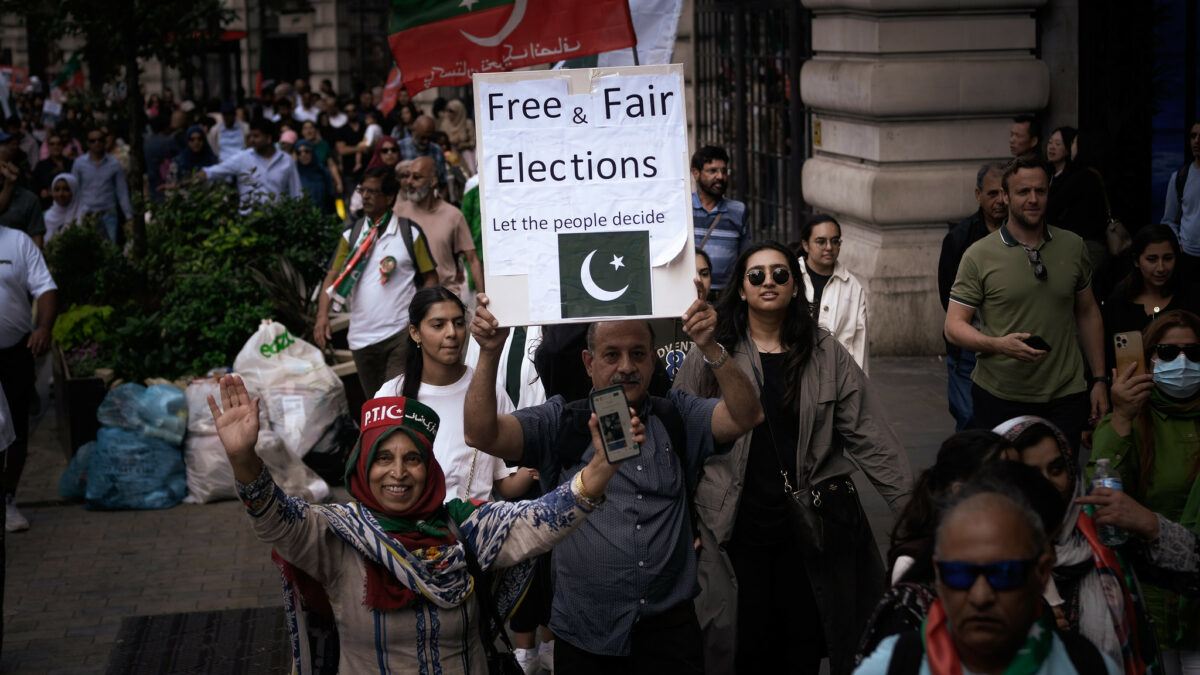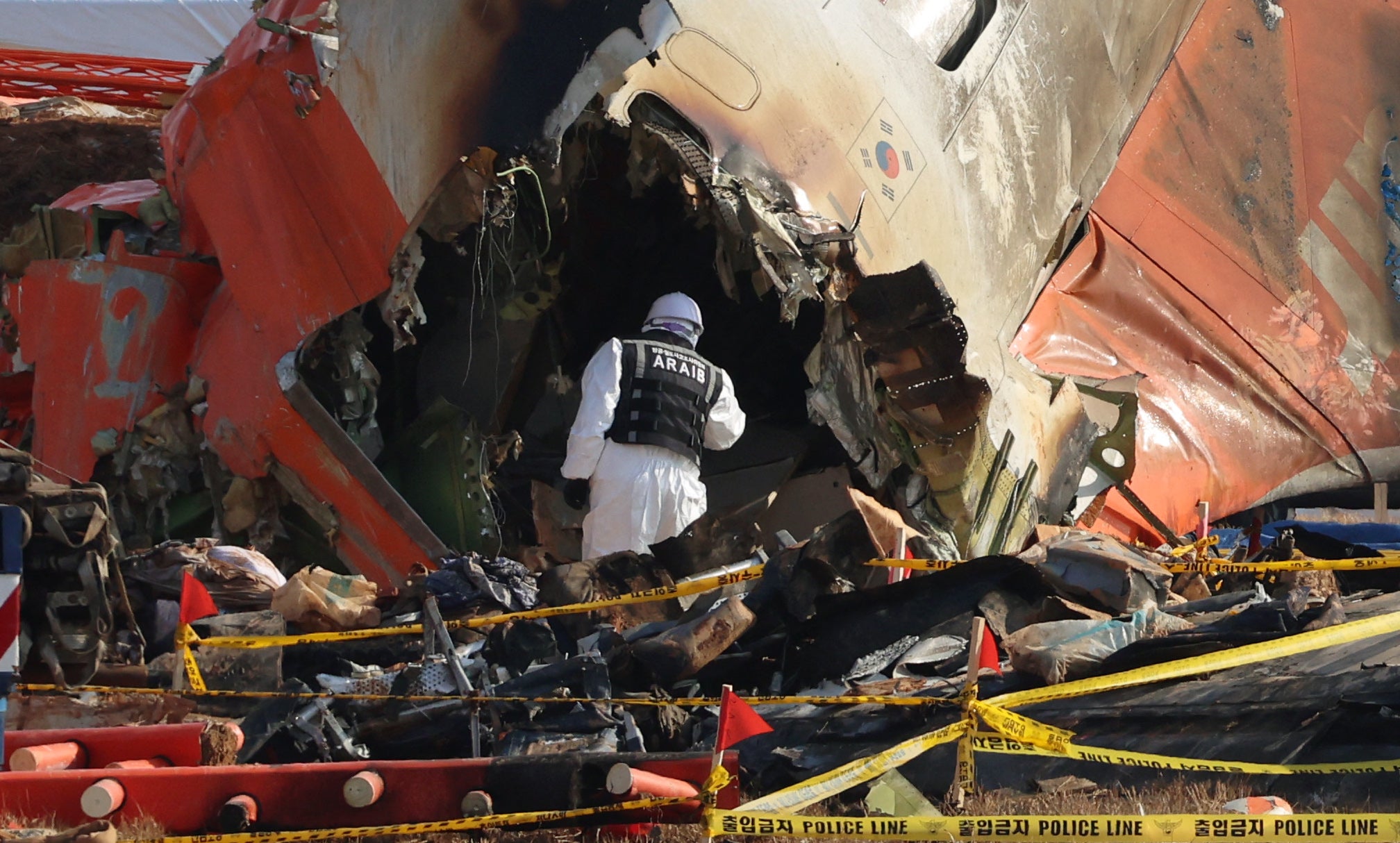How is former US president Jimmy Carter remembered in China and Taiwan?

Screenshot from Jimmy Carter's December 15, 1978, speech on the establishment of diplomatic relations with China. Via Miller Center‘s YouTube Channel.
Jimmy Carter, the 100-year-old former US President (1977–1981) and Nobel peace laureate (2002), passed away on December 29, 2024.
In the US, Carter is remembered as a leader who was devoted to maintaining world peace in alignment with democracy, human rights, and Christian values.
“An old friend of China”
In mainland China, he was often dubbed “an old friend of China” as he played a pivotal role in cutting ties with the Republic of China (ROC, also known as Taiwan) and establishing diplomatic relations between the US and the People's Republic of China (PRC) during his presidency.
In response to Carter's passing, Chinese President Xi Jinping praised Carter’s diplomatic contribution in his condolence message to US President Joe Biden. Chinese ambassador to the US, Xie Feng, added that Carter’s move to normalize relations with China was “one of the most correct decisions” he ever made:
Diplomatic relations between the US and the PRC were established through Three Joint Communiques issued between 1972 and 1982.
Cutting ties with the Republic of China
The First Communique was released in February 1972 during the then-US president Richard Nixon’s ice-breaking visit to China against the backdrop of the Sino-Soviet Split. The US “acknowledges” in the joint diplomatic document that “all Chinese on either side of the Taiwan Strait maintain there is but one China and that Taiwan is a part of China.”
After the Kuomintang (KMT), the then-ruling party of the ROC, was defeated by the Communist Party of China (CPC) in the Chinese Civil War (1927–1949), KTM officials escaped to Taiwan and continued claiming sovereignty over mainland China.
The First Communique stressed that the Taiwan question should be resolved through “a peaceful settlement” by the Chinese themselves.
Diplomatic relations between the US and China were established in the Second Communique, which was revealed on December 15th, 1978, and signed during the then-Chinese Vice Premier Deng Xiaoping’s official visit to the US on January 1st, 1979. The diplomatic document affirms the government of the PRC as the sole legal government of China and acknowledges the PRC's position that Taiwan is part of China. On the same day, Carter cut ties with ROC by annulling the Mutual Defense Treaty between the United States of America and the Republic of China.
However, Carter’s decision was challenged by members of the US Senate and Congress, and eventually, on March 29, 1979, the US Congress passed the Taiwan Relations Act, which guarantees de facto but non-official diplomatic relations and exchanges (including militarily) between Taiwan and the US. The Act was signed by President Carter on April 10th, 1979, and retroactively entered into force, effective January 1st, 1979.
Back then, Carter’s diplomatic move triggered strong reactions from the ROC. The official KMT X account could not help but mention the bitter historical moment in its condolence message:
Old protest photos with protest banners accusing Carter of betraying Taiwan also resurface across social media platforms. One Twitter user, @Lovelifetaiwan, shared the historical photos on X (formerly Twitter) but noted that Carter’s decision had not obstructed Taiwan’s democratization and development:
Former US President Jimmy Carter died today at the age of 100. Regarding cutting diplomatic tie with the ROC, Carter said without hesitation that the decision to establish diplomatic relations between the US and China was correct even though it was not “entirely positive” for the Taiwanese, which he felt regretful about. He should not bare the responsibility of the decision as in the past 20 years, Taiwan's democracy, human rights, and economy have improved dramatically, he did not need to apologize to Taiwan and its people for his decision to cut diplomatic ties.
In fact, some comments pointed out that because Taiwan was under a KMT single-party military dictatorship backed by the US between 1949 and 1987, Carter’s decision created space for the democratization movement in Taiwan.
Carter's vanishing vision
In January 2019, the 40th anniversary of the release of the Second Communique, Carter described the normalization of relations between the US and China as a “historical achievement” and that he believed the decision would advance the cause of peace in Asia and the world.
Yet, Carter's vision is vanishing amid the escalating trade war between the US and China, which has been ongoing since 2018, as well as territorial disputes in the Pacific region. Bao Pu, a book publisher and son of ex-Chinese official Bao Tong, mourned Carter’s passing and called it the end of an era:
The honeymoon period between China and the US was 50 years ago; The friendship is gone. President Carter attempted to make the promotion of human rights a key principle of US diplomatic relations with other countries, but failed. In fact, his double standard is now the root cause of many problems. Deng [Xiao-ping]’s political strategy of concealing one’s strength has been become a game of “showing one’s sword” today and “hiding one’s sword” tomorrow.
“Showing swords” is a political term frequently used by Xi Jinping to describe his iron-hand policy in both diplomacy and domestic crackdowns on corruption and political dissents.
Many foreign affairs observers anticipate that after Donald Trump's presidential inauguration on January 25th, Sino-US relations will become more unstable and unpredictable, if not worsen.
















